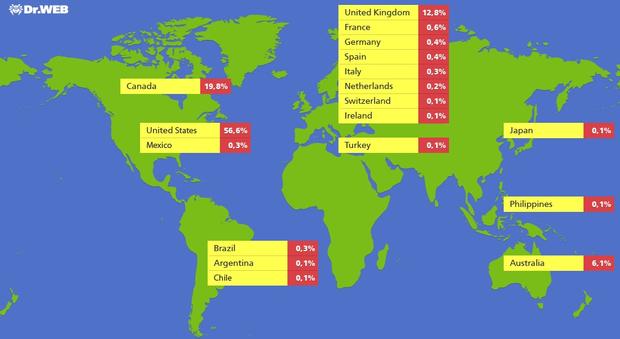Over 600,000 Macs infected with Flashback botnet, patch released
(CNET) More than half a million Macs are infected with the Flashback Trojan, a malware package designed to steal personal information, according to Russian antivirus company Dr. Web.
Full coverage of Apple at Tech Talk
Dr. Web originally reported Wednesday that 550,000 Macintosh computers were infected by the growing Mac botnet. But later in the day, Dr. Web malware analyst Sorokin Ivan announced on Twitter that the number of Macs infected with Flashback had increased to 600,000, with 274 of those based in Cupertino, Calif.
More than half of the Macs infected are in the United States (57 percent), while another 20 percent are in Canada, Dr. Web said.
The
As
Once installed, the Flashback will inject code into Web browsers and other applications like Skype to harvest passwords and other information from those program's users.
Security company F-Secure has published instructions on how to determine whether a Mac is infected with Flashback.
This article first appeared at CNET under the headline "More than 600,000 Macs infected with Flashback botnet."
